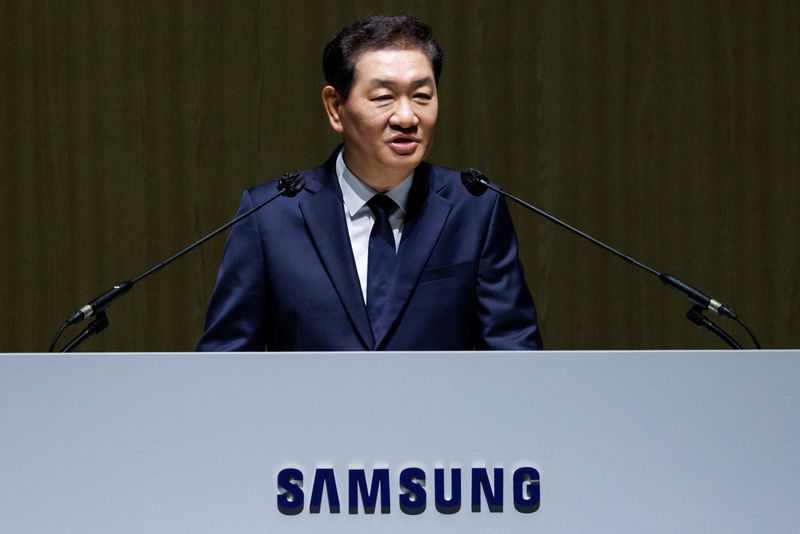US Court Orders Block on DOGE’s Access to Treasury Payment System
 |
| Court ruling halts access amid multi-state lawsuit challenging the legality of DOGE's involvement in federal payment systems |
U.S. court ruled to block the Department of Government Efficiency (DOGE), led by Elon Musk, from accessing critical Treasury payment systems. This decision followed a lawsuit filed by 19 state attorneys general who argued that the Trump administration's decision to grant DOGE access violated federal law.
According to reports from the AP, Paul Engelmaier, a judge from the U.S. District Court for the Southern District of New York, issued the order to prevent DOGE from accessing the Treasury's sensitive records. The lawsuit was filed after it was revealed that DOGE had been granted access to the Treasury's payment systems, which process a variety of federal disbursements, including tax refunds, Social Security benefits, and veterans' benefits. These systems contain vast amounts of personal and financial data about American citizens.
In the lawsuit, the state attorneys general from the Democratic Party, including New York Attorney General Letitia James, argued that DOGE’s access to these systems posed a threat to both security and the legal limits of federal power. They contended that allowing DOGE to access these records was not only a violation of existing laws, but also undermined the principle of separation of powers embedded in the U.S. Constitution. James specifically expressed concerns about the risk of data security breaches and the potential for illegal freezing of federal funds.
James emphasized that President Trump had no legal right to hand over American citizens’ personal information to an outside entity, nor did he have the authority to block federally authorized disbursements approved by Congress. The legal action, which also involved attorneys general from states like Arizona, California, and Illinois, underscores ongoing concerns about the influence of outside entities on governmental operations and the safeguarding of citizens’ personal data.
The lawsuit highlights an important legal and constitutional issue surrounding the extent of power granted to executive branches and the potential consequences of allowing private companies, such as DOGE, to interact with sensitive government data systems. The court’s decision to temporarily block access has significant implications for the way the federal government handles the distribution of funds and the protection of personal data.
As this case progresses, it could pave the way for further scrutiny of the relationship between private companies and government functions, particularly concerning the handling of taxpayer dollars and sensitive financial information.



Comments
Post a Comment